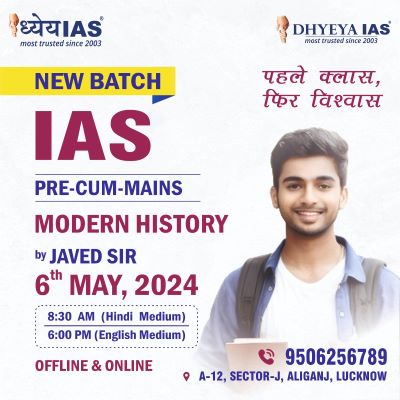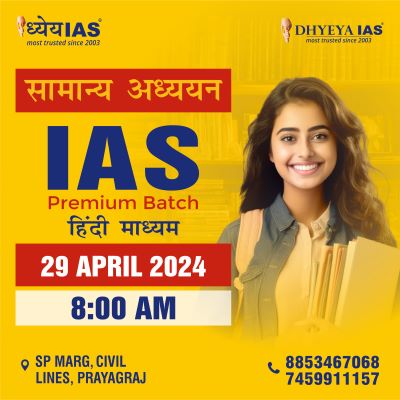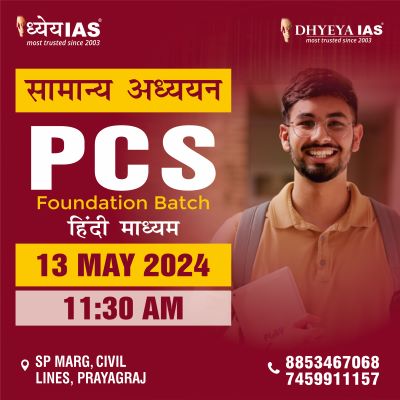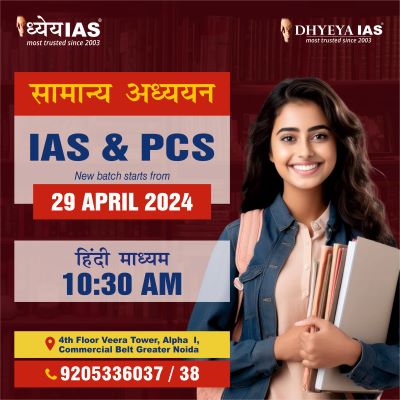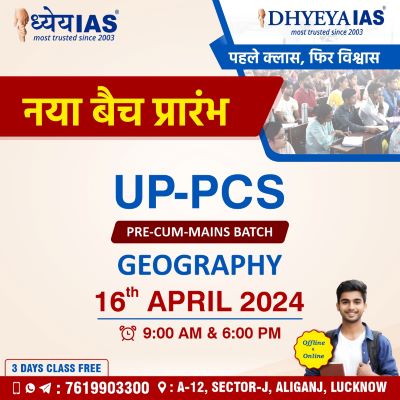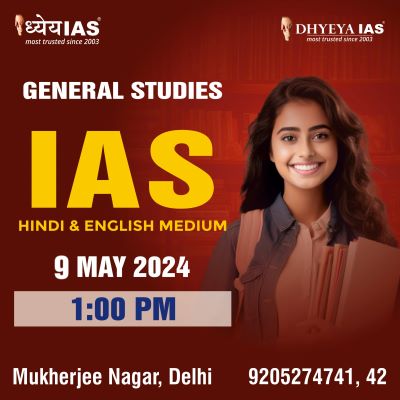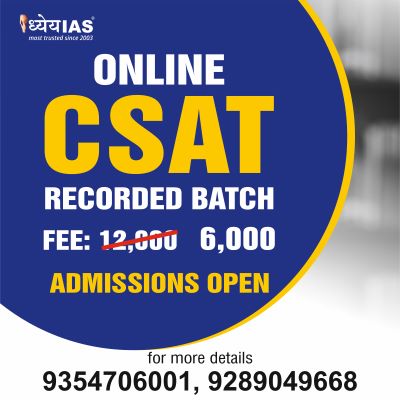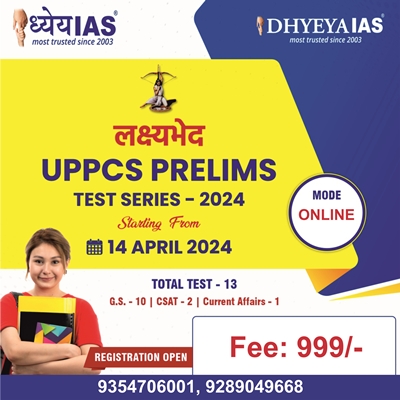Brain Booster for UPSC & State PCS Examination
Topic: Sweet Revolution and Atma Nirbhar Bharat Abhiyan

Context
- Government is promoting beekeeping as part of its aim to double farmers' income and it has allocated 500 crore rupees towards beekeeping under the 'Atma Nirbhar Abhiyan'.
- The United Nations designated 20 May as World Bee Day to draw attention to the essential roled bees and other pollinators play in keeping the people and planet healthy.
Beekeeping and Honey Mission:
- India is among the world’s top five honey producers and compared to 2005-06 honey production in the country has risen by 242 % and exports shot by 265 %.
- Beekeeping will be an important factor in achieving the goal of doubling farmers’ income by 2024.
- National Bee Board has created four modules to impart training as part of the National Beekeeping and Honey Mission and 30 lakh farmers have been trained in beekeeping. They are also being financially supported by the Central Government.
- In 2017, government has launched Honey Mission as part of sweet revolution. It was launched with a target to distribute 1.3 lakh bee-boxes.
Beekeeping Development Committee under EAC-PM
- The Economic Advisory Council to the Prime Minister set up a Beekeeping Development Committee (BDC) under the Chairmanship of Professor Bibek Debroy.
- BDC was constituted with the objective of identifying ways of advancing beekeeping in India that can help in improving agricultural productivity, enhancing employment generation, augmenting nutritional security and sustaining biodiversity.
- BDC has released its report on 26 June 2019. Some of the recommendations in the report are: ( Recognizing honeybees as inputs to agriculture and considering landless Beekeepers as farmers. ( Institutionalizing the National Bee Board and rechristening it as the Honey and Pollinators Board of India under the Ministry of Agriculture and Farmers' Welfare. ( Such a body would engage in advancing beekeeping through multiple mechanisms such as setting up of new Integrated Bee Development Centres, strengthening the existing ones, creating a honey price stabilization fund and collection of data on important aspects of apiculture. ( Recognition of apiculture as a subject for advanced research under the aegis of Indian Council for Agricultural Research. ( Development of national and regional infrastructure for storage, processing and marketing of honey and other bee products.
Go Local with Bees
- Pollinators, especially bees, are a vital part of our ecosystem, responsible for the food security of not just humans but all living beings.
- The government needs to take steps for the protection of indigenous bees before it is too late.
- Pollinators are declining worldwide due to multiple factors—use of pesticides, deforestation, commercial agriculture and unsustainable practices like honey-hunting.
- The Food and Agriculture Organization statement in 2016 that categorized “pollination services" as an agricultural input was a game changer. It said that improving diversity and density of pollinators had a direct, positive effect on crop yields, and outlined its importance to achieve the Sustainable Development Goals (SDGs).
- But the focus of policy is on the hybrid bee—Apis mellifera. While being an excellent honey producer, the Apis mellifera is an expensive bee to procure and maintain, prefers monoculture and hence requires frequent migration to meet its nectar and pollen requirements.
- Indigenous bees on the other hand—Apis cerana indica specifically—are excellent pollinators, and work on all kinds of flora as well as agro-climatic conditions as they are native to the area. These aspects make indigenous bees extremely small-farmer-friendly.
Wide Representation
- There are total of 12 central trade unions in the country.
- The unions that sent the representation to the ILO were the Indian National Trade Union Congress, the All-India Trade Union Congress, the Hind Mazdoor Sabha, the Centre of Indian Trade Unions, the All-India United Trade Union Centre, the Trade Union Coordination Committee, the Self Employed Women’s Association, the All-India Central Council of Trade Unions, the Labour Progressive Federation and the United Trade Union Congress.


